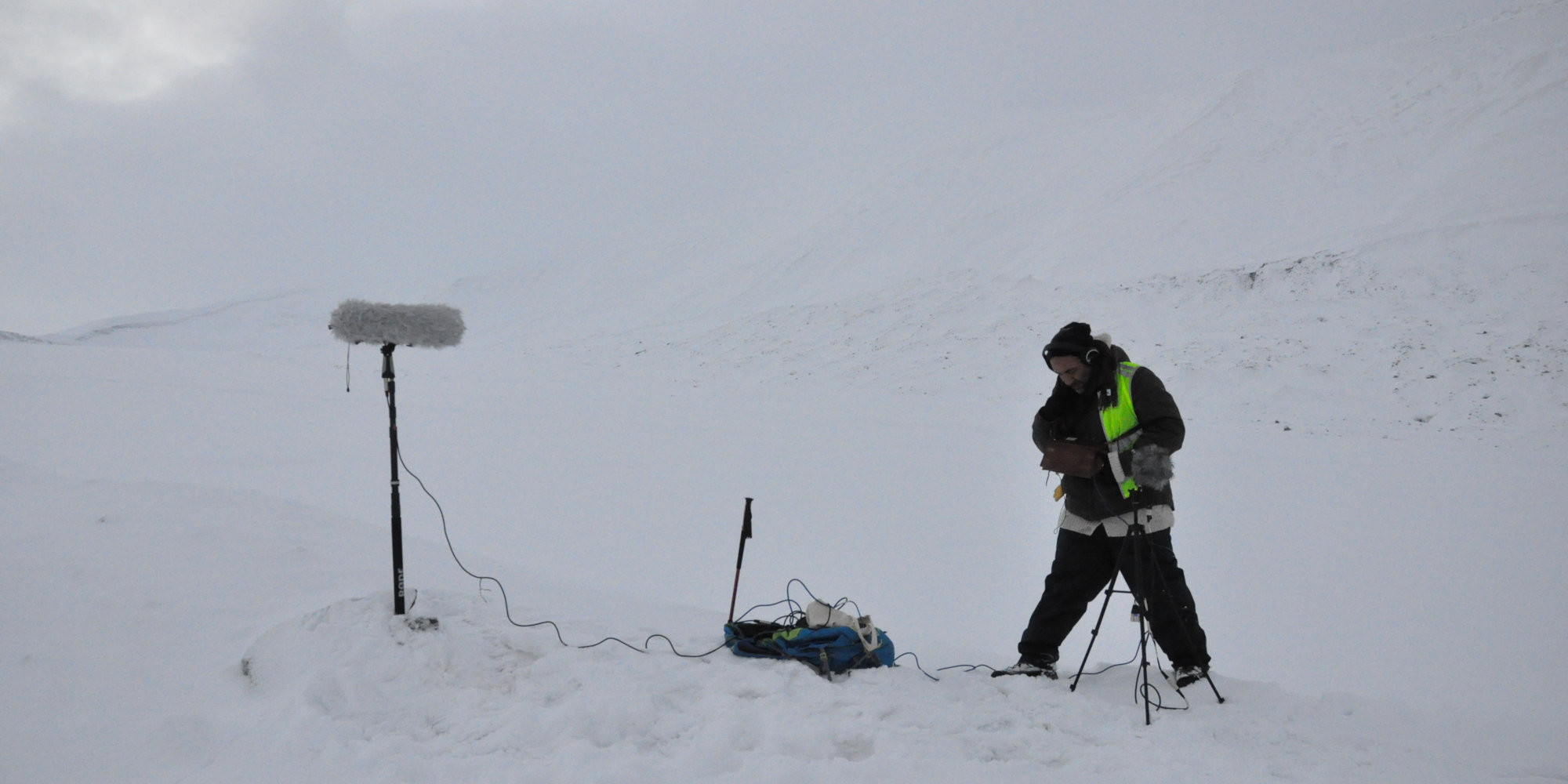‘Let us finish what we started’. This is how the UN introduces its first Sustainable Development Goal – to end poverty in all forms and dimensions by 2030. The 17 Sustainable Development Goals and their 169 targets have been described as a sprawling, misconceived mess of grandiose intentions. The title of the development agenda itself – ‘Transforming our World’ – oozes utopian ambition. It was adopted by 193 nations in 2015. Five years later and with ten years left, how do you think our world will transform?
Will there be no poverty and zero hunger across the world in ten years? Is this planet to be populated in ten years by billions of healthy and educated humans? Is comfortability or autonomy more important to well-being? Can you be comfortably autonomus?
These are the questions scientists were asked who applied to an open call to collaborate with artists in the STUDITOPIA residency program. Over the course of almost two years, artists and scientists will undertake a creative journey together that addresses these questions and explores sustainable development across Europe through the converging views of art and science.
The artists and scientists will kick-off their collaboration at the Ars Electronica festival with a Creative Question Challenge (CQC). The CQC is a new brainstorming format in which speakers explore and present creative questions in a 30-minute dialogue.
Video
Project Credits / Acknowledgements
This project is presented in the framework of STUDIOTOPIA and co-funded by the Creative Europe Programme of the European Union.
Biographies
Oswaldo Maciá (CO/UK) was born in the Caribbean city of Cartagena de Indias, Colombia. He lives and works in the UK and USA. Maciá creates olfactory-acoustic sculptures that have been exhibited all over the world. His work is held in international collections, including Tate Britain and Daros Latinamerica. His sculptures have been included in numerous large-scale periodic exhibitions and solo presentations across four continents. As he states in his manifesto, Maciá seeks to stimulate questions and counter received opinion. In 2015 Maciá won a major public commission for the city of Bogotá selected by an international jury. Scenario in Construction is the first public sound sculpture of in the southern hemisphere.
Chris Bean (IE) is Senior Professor and Head of Geophysics at the Dublin Institute for Advanced Studies. His research interests cover the quantification of ocean wave generated ambient microseism noise, ocean wave parameter estimation from microseisms, temporal monitoring of water column and near seafloor properties using time-lapse ambient noise seismo-acoustics. He has also published widely on micro-seismicity associated with the failure of weak materials, especially on volcanoes.
Emilia Leszkowicz (PL) is a electrophysiologist based at University of Gdansk, Faculty of Biology, Department of Animal and Human Physiology with a strong track record of in vivo recordings in animals, and experience in human fMRI. Leszkowicz’s main research interests are the neural basis of social human values and hippocampal theta rhythm. Recent research has demonstrated that human self-transcendence values, which aim to preserve and enhance the welfare of others and of nature are connected with a brain site where “a core self” is presumably represented. i.e. the midline cortical regions. With her colleagues have shown that psychological conflict when choosing between compatible (e.g. friendship and forgiveness) as compared to opposing (e.g. curiosity and stability) human values has neural signature and is connected with stronger activation in the supplementary motor area and other brain regions often associated with conflict (Leszkowicz et al., 2017).


